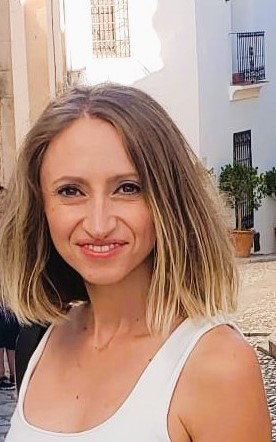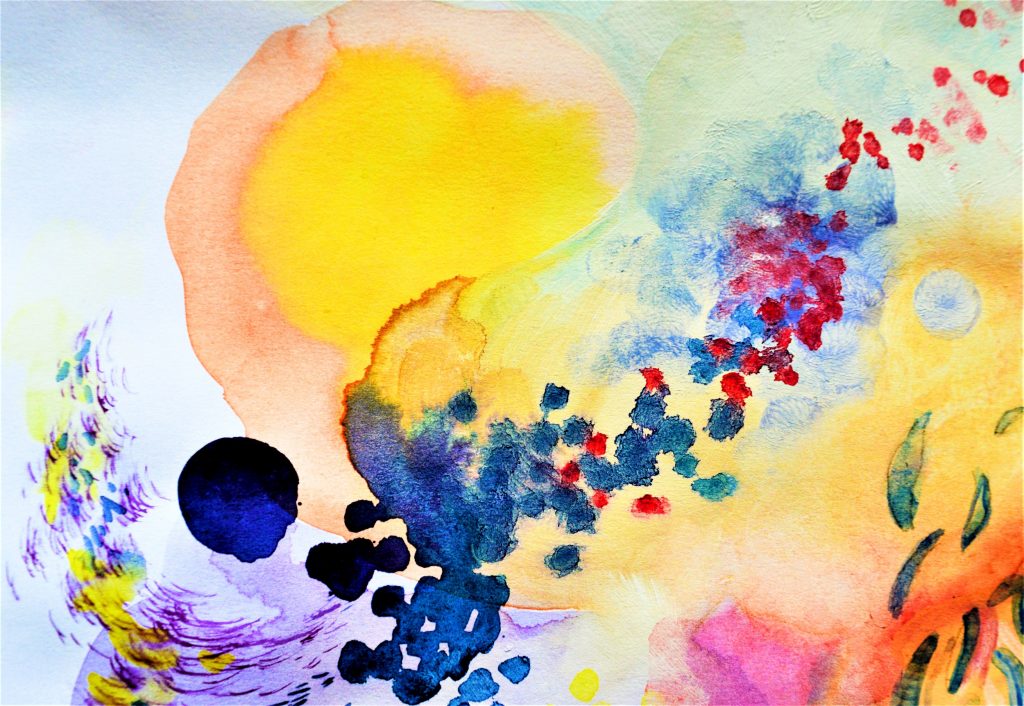What sets a creative mind apart, and how can we tap into our own potential for innovation? Is creativity primarily a product of an individual’s innate traits, or are there other factors in play? How do artists and thinkers channel their emotions into creative output, and what can we learn from their approaches?
This course offers an engaging exploration of the human mind’s creative potential through a humanities-centered lens. Students will investigate various aspects of creativity, including its cognitive, emotional, and cultural dimensions.
The first half of the course will cover psychological processes, theories, and research related to creativity and artistic expression. The second part of the course will be devoted to analyzing case studies that can offer students a deep understanding of the diverse ways creativity manifests across different domains and how it shapes human expression in art, literature, philosophy, and science.
Denisa Zevedei
Denisa Zevedei submitted her Ph.D. thesis in Clinical and Health Psychology at the Autonomous University of Barcelona, Spain in September 2023. Her educational background encompasses philology studies, International Relations and European Studies, Social Work, and Clinical Psychology. During her master’s at the University of Ottawa, she delved into research on immigration issues. Throughout her Ph.D., she conducted research and quantitative analysis on the correlation between executive functions and child psychopathology. She is a registered psychotherapist with the Ontario College of Social Workers in Canada. Denisa’s areas of interest include Human Growth and Development, Cognitive Processes, Behavioral Psychology, Parenting, and Child Development. Within her psychotherapy practice, she integrates a humanistic approach and creative methods of intervention involving art, play therapy, and storytelling.

